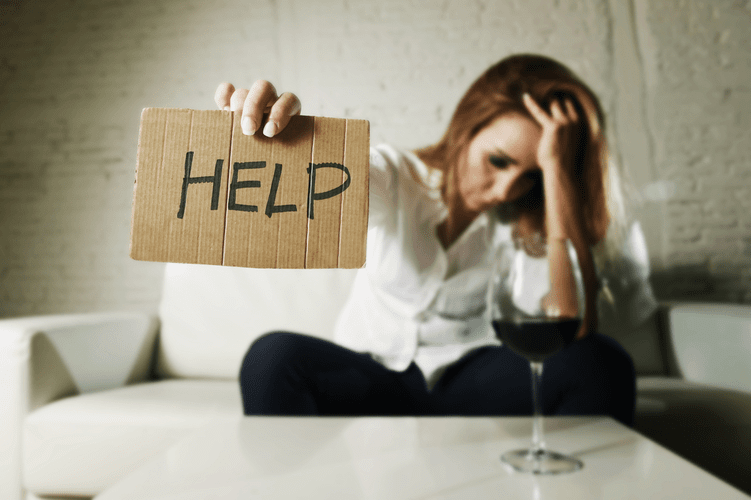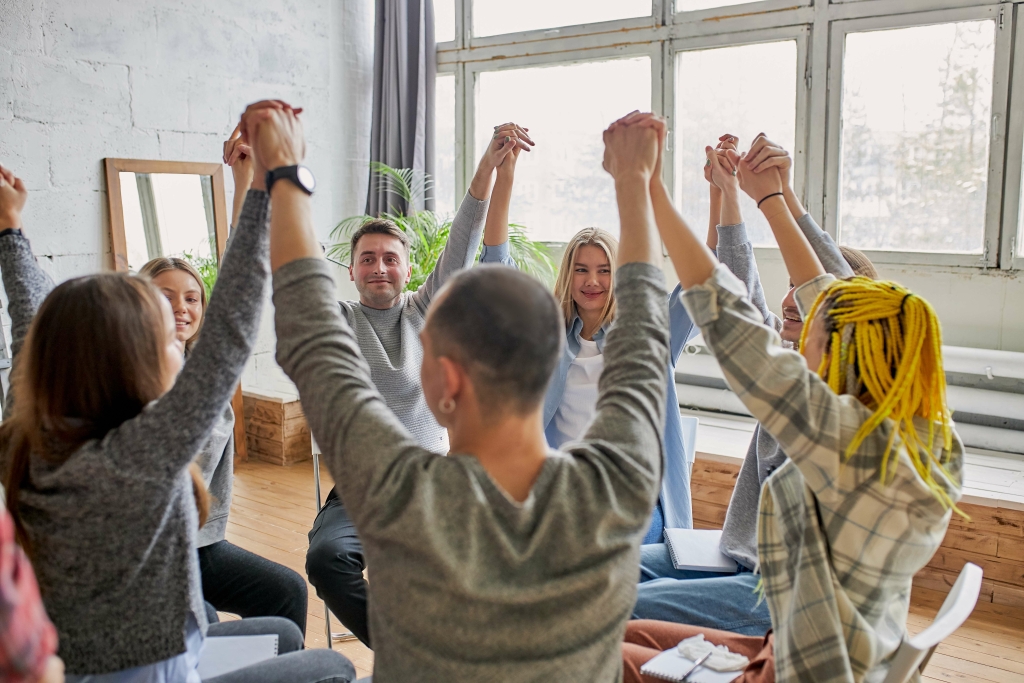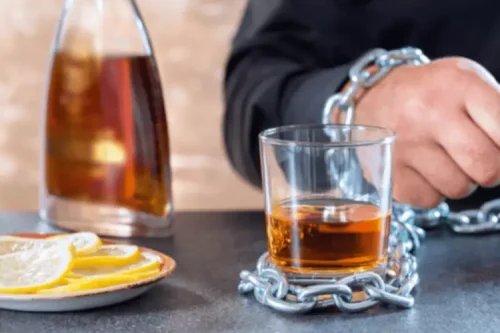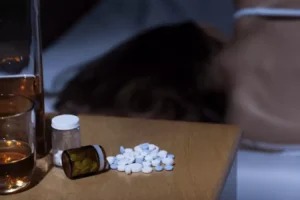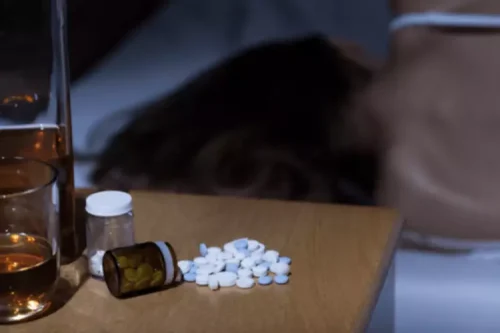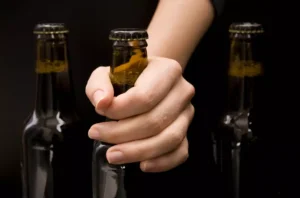
At admission, nearly all residents are eligible for some type of government assistance (e.g., general assistance or social security disability) and use those funds to pay SLH fees. To help limit social isolation and reduce costs residents share bedrooms. Like other SLH models of recovery, residence are free to stay as long as they wish provide they comply with house rules (e.g., curfews, attendance at 12-step meetings) and fulfill their financial obligations. Also like other SLH models, each house has a house manager who is responsible for ensuring house rules and requirements are followed. ORS does not have any type of Residents Council, but house managers meet regularly with the executive director and have input into operation of the SLHs in during these contacts.
How do you build a community in recovery?
Loosid offers chat groups to help sober people meet one another where they live, make new sober friendships, and find people to do activities that don’t revolve around alcohol. In addition to its social components, Loosid also works as a recovery app, with a Sobriety Help feature to help individuals work through a recent relapse and how people can maintain sobriety. Recovery from addiction is a journey that requires determination, commitment, and support. A solid sober support network is one of the most valuable assets for recovering individuals.
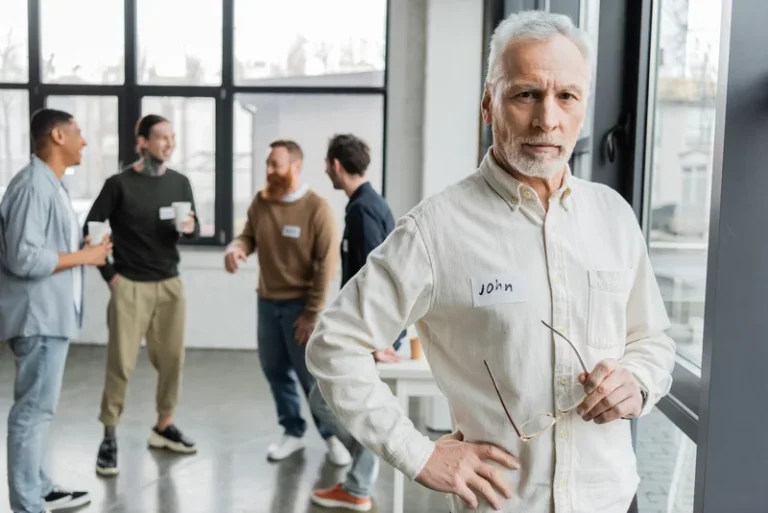
Your Network Should Include Addiction Professionals

These skills instill a sense of responsibility and prepare you for a successful transition to independent living. Many sober living homes are connected with local therapy groups, counseling services, and job training programs. This access ensures you have the tools and support necessary to deal with life’s challenges without reverting to old habits. A house manager or supervisor oversees the daily operations and ensures compliance with house rules. Their presence is crucial for maintaining order and providing guidance when residents face challenges.
- This includes learning the Four Noble Truths and following the Eightfold Path.
- At All Points North, our team builds social support networks at every stage of our addiction treatment programs.
- Starting a sobriety group involves gathering a few individuals who are committed to staying sober and providing mutual support.
- Our study design had characteristics that DeLeon, Inciardi and Martin (1995) suggested were critical to studies of residential recovery programs.
Significance of the Study
In addition to providing proven 12 Steps-based curricula, our treatment centers offer an extensive selection of program options for people from virtually every walk of life. Your support network will provide you more than a group of people you can call. Community groups for people in recovery usually provide a closed, confidential setting in which group members may feel comfortable communicating openly and forming supportive connections with other members. Attending recovery group meetings will help provide the accountability, support, and sense of community you need to help you remain clean and sober. This article presents 8 proven methods to help you stay sober in 2024 and beyond. From building a strong support network to giving back to the recovery community, we’ll explore practical steps you can take today.
- Giving up unhealthy relationships is essential during your recovery journey.
- Dual diagnosis treatment addresses both substance abuse and underlying mental health issues simultaneously, providing comprehensive care.
- In fact, you can usually find a sober living network in your area that will meet all of your needs.
- As important as it is to build a sober support network, it isn’t always something that comes easy for people new to recovery.

As you connect with others who are in recovery, you will likely find yourself feeling more hopeful, optimistic, and inspired about your own life in treatment. In addition to connecting with others who are in recovery, sharing your experiences with trusted people who have never experienced addiction will gradually reduce the social stigma that many addicts encounter. Working to build and expand your support network will help you become a healthier, more active member of your community. At All Points North, our team builds social support networks at every stage of our addiction treatment programs.
- Humans crave social connections, and sober support networks provide just that.
- For personal support systems, it may be a good idea to spend a little time thinking about the people in your life whom you trust as a source of support.
- Whether a 12-step program or a support group is a better fit will depend entirely on your preferences.
- LifeRing focuses on the present day rather than the past and promotes the idea that what will work for each person is unique.
These groups focus on gathering people in recovery and providing a safe place to share sober network support and experiences. Self-Management and Recovery Training (SMART) offers global support meetings for recovery from addiction through self-empowerment. The goal of the program is to promote abstinence from alcohol and other substances through positive lifestyle changes. It’s designed to empower individuals and transform lives from self-destructive to positive, constructive, and enjoyable.


